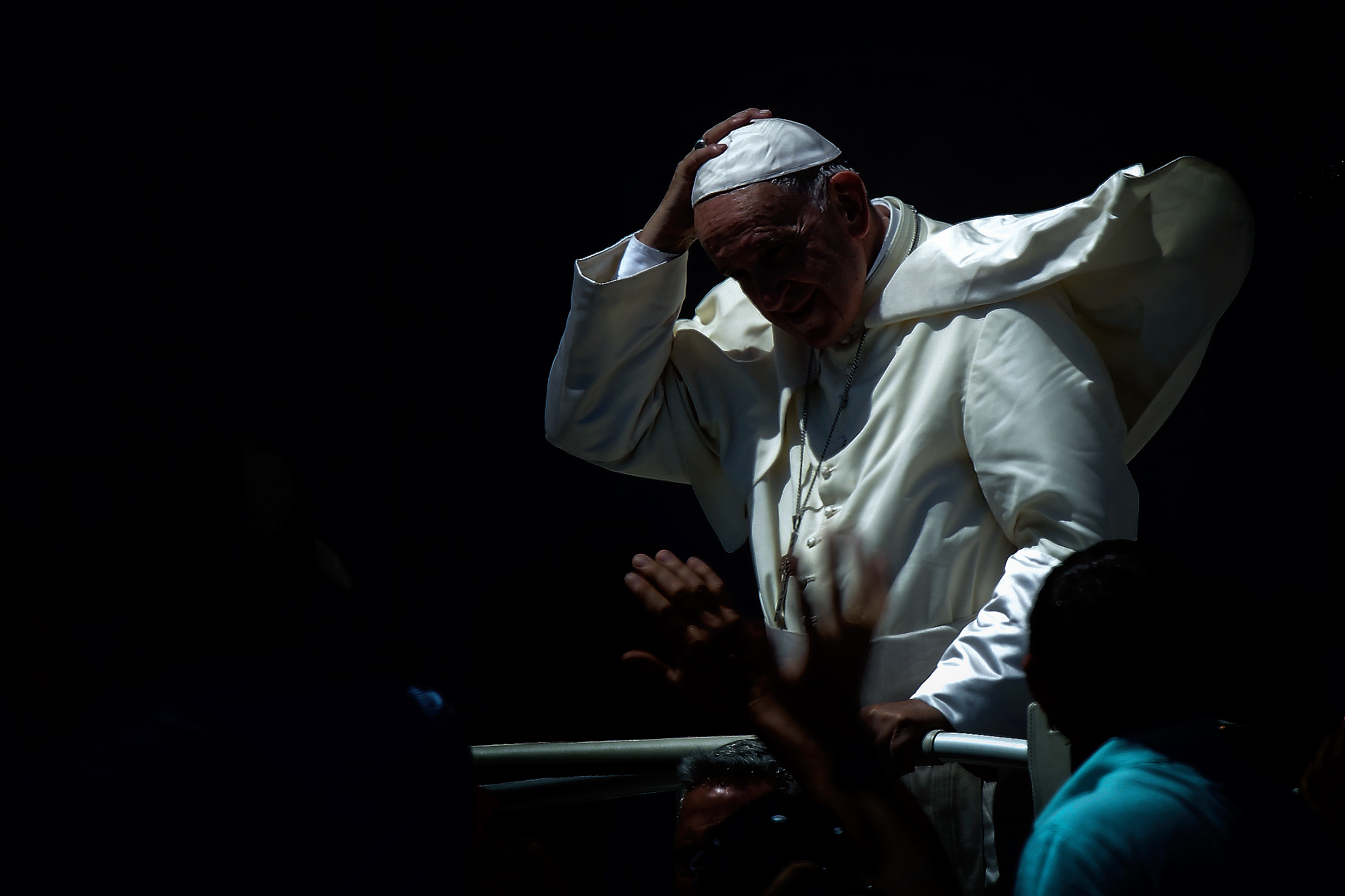Pope Francis has named Italian journalist Paolo Ruffini as his new Prefect of the Dicastery for Communications, making him the first layman to lead a Vatican department.
Ruffini, 62, who has been the Director-General of the Italian bishops’ television station TV2000 since 2014, succeeds Mgr Dario Vigano, who resigned earlier this year following a furore over the selective release of a letter from Benedict XVI.
While Mgr Vigano was an expert in film and cinematography, the new prefect is a journalist with experience in radio, print and television along with managerial experience inside a Church media organisation.
As well as running TV2000 Ruffini has worked in secular newsrooms such as for newspaper Il Messaggero and the Italian state broadcaster RAI which will sit well alongside an instinctive understanding of the Church’s bureaucracy. Born in Palermo, Sicily, on 4 October – the feast of the Pope’s namesake St Francis of Assisi – he is the great-nephew of a cardinal, Ernesto Ruffini, and son of Attilio, a Christian Democrat politician.
The new prefect’s big task will be to push forward with reforms of the Vatican’s media operation, a process which started with Lord (Chris) Patten’s 2014 review of communications and its implementation of his proposals.
This has seen a streamlining of Vatican content onto three channels: Vatican news, Vatican media and Radio Vaticana (Italy only), and a new focus on multimedia and video reporting. Ruffini’s big challenge, however, will be one of managing personnel and ensuring the large, mainly lay staff are onboard with the changes.
The decision to appoint an experienced journalist to run the new department shows a willingness by the Latin American Pope commitment to reform of communications and a belief that lay expertise is needed in the Vatican.
In a recent interview with Reuters, Francis said he had initially wanted to appoint a woman to lead the communications body when it was established in 2015, and has no problem in appointing non-ordained men or women to departments in the Vatican that don’t have “jurisdiction” in terms of the sacramental-ministry reserved to priests.
Along with overseeing Holy See’s own media, Ruffini will be required to think strategically about communications for the papacy and how to make Francis’ message heard globally.
The role will require a delicate, and diplomatic balancing act: the Pope is a global superstar who regularly makes headlines, but he does not have a “personal spokesman” and is known for sometimes personally arranging his interviews.
While some may wonder whether Ruffini’s CV is too Italian-centric for a culturally diverse media job where the Anglo-Saxon media plays a strong role in defining the narrative, he will work closely with Greg Burke, the Director of the Holy See Press Office, a former Fox News journalist from the United States.
Burke, and his deputy Paloma García Ovejero, are on the front line of media management answering queries from journalists and, like the communications department, sit underneath the Holy See’s Secretariat of State in the Roman Curia hierarchy.
Mgr Vigano, previously director of the Vatican’s Television Centre, resigned four months ago after it turned out that a photography of a letter written by Benedict XVI had been blurred and selectively released to the media. While the Milanese priest stepped down as prefect in order to prevent any “delay, damage or block” to ongoing reforms, Mgr Vigano remains as the “assessore” of the department.
Set up in 2015 as a communications secretariat on 25 June 2018, the Pope ruled it would be a “dicastery” making it an official division of the Roman Curia and giving it oversight over all Vatican media from the publishing house, television channel and the “L’Osservatore Romano” newspaper.



 Loading ...
Loading ...